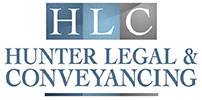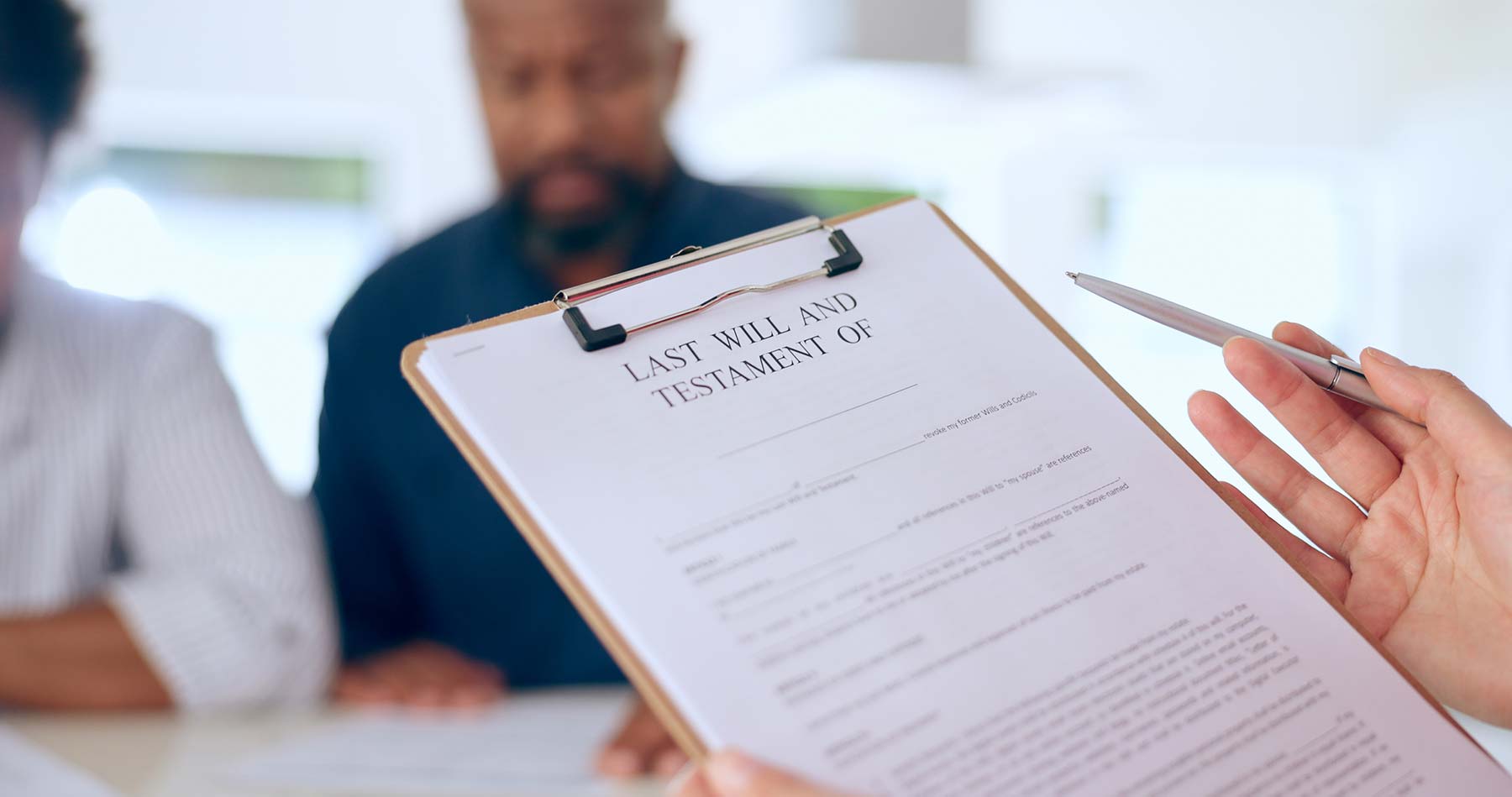Entering a lease for a commercial venture marks a significant milestone and often involves a substantial financial commitment. Ensuring that the lease entered between the Lessor and the Lessee accurately represents the agreement reached between the parties is a crucial first step to safeguarding compliance with relevant regulations and confirming the commercial arrangement.
What is a Commercial Lease in NSW?
A commercial lease agreement is a document that gives a Lessee the right to occupy and use a commercial space for the specific purpose as outlined in the agreement. It will define the terms of the occupation and the responsibilities of both the Lessee and the Lessor (the Landlord).
Typically, a Lease will cover the following main points:
- Description of the premises to be leased;
- The terms of the arrangement;
- Options available to renew the term;
- The rental amount and provisions for rent increases;
- Maintenance and repair obligations for both the property and its fixtures for each party;
- Responsibilities for additional costs like insurance, outgoings, and utilities;
- Permitted use for the premises; and
- Liability and indemnity clauses for injuries, damages, or claims.
Do Commercial Leases need to be registered?
In New South Wales, a commercial lease with a term of over 3 years must be registered. Registering a lease offers greater legal protection by creating a strong and enforceable leasehold estate and will safeguard the rights of Lessors and Lessees.
Once registered, the lease becomes a legally recognised and enforceable agreement. This ensures a solid basis for resolving conflicts or disagreements that may arise and deters unauthorised alterations to the lease terms, adding an extra layer of security for all parties. Should it not be registered, the Lessee would then only have an equitable interest in the premises which is unenforceable against any competing registered interest.
Is stamp duty payable?
No, this is no longer a requirement however it is still required on the assignment or transfer of a Lease.
Are outgoings included in a Commercial Lease?
Outgoings are additional costs related to the property that the Lessee may be responsible for along with the rent. These expenses should be clearly stated in the lease document.
Outgoings can significantly impact your expenses, so it is important to know what they may be before entering into the agreement. Common outgoings within commercial leases include:
- Local council rates and charges;
- Land tax;
- Insurance premiums;
- Strata or community levies;
- Sewerage and drainage fees; and
- Management fees, if a property manager is involved.
During lease negotiations, it is integral that these expenses are correctly identified, and that each party’s responsibility is understood to avoid surprises during the term.
Can a Lessor refuse to renew a Commercial Lease?
Another important aspect to consider before signing a lease is whether the Lessor has the right to refuse to renew the lease for another term.
If the lease is silent on an option period and the lease term is approaching its end, the Lessor is at liberty to refuse to renew a lease. Often commercial leases do allow the tenant to continue occupying the premises on a month-to-month basis after the fixed term ends, with either party having the right to terminate the lease by giving the appropriate notice period as provided for in the lease.
However, if there is an option clause within the lease and this is properly exercised by the Lessee, the Lessor is obligated to enter the new lease.
Can a Lessee sublet or assign the Lease?
In most circumstances, the Lessee can assign or sub-let their interest in the Lease to a third party unless the Lease specifically prevents these actions. More commonly though, the Lease will contain clauses that necessitate the Lessor’s consent be obtained and the conditions that need to be met to obtain such consent, or alternatively, will exclude such actions entirely.
If a premises is sold, can the new owner change the Lease terms?
In the event a commercial premises, which are subject to an existing Lease, is sold, the terms of the Lease will extend to the new owner.
How to resolve a lease agreement dispute in NSW?
Firstly, carefully review the lease terms. Often, the document will contain specific dispute resolution clauses outlining the required steps for determining conflicts. Typically, this starts with an informal discussion between the parties to try and resolve the issue.
Should informal discussions fail, the parties will need to refer to any further conflict clauses within the Lease or alternatively look to the formal processes outlined in relevant legislation.
Remember, a lease is a legally binding agreement, and not complying with its terms could result in significant consequences and costs. Given its importance, seeking legal advice before signing is crucial.
A lawyer specialising in commercial leasing can offer guidance on lease terms and advise on negotiation strategies or clauses to modify or remove from the lease.
Whilst this agreement may be overwhelming to think about, Hunter Legal & Conveyancing can answer any queries you have and provide you with explanations based on your circumstances. If you require any further information please contact us to speak with one of our legal team on 1300 224 828 and let us make it easy for you.




